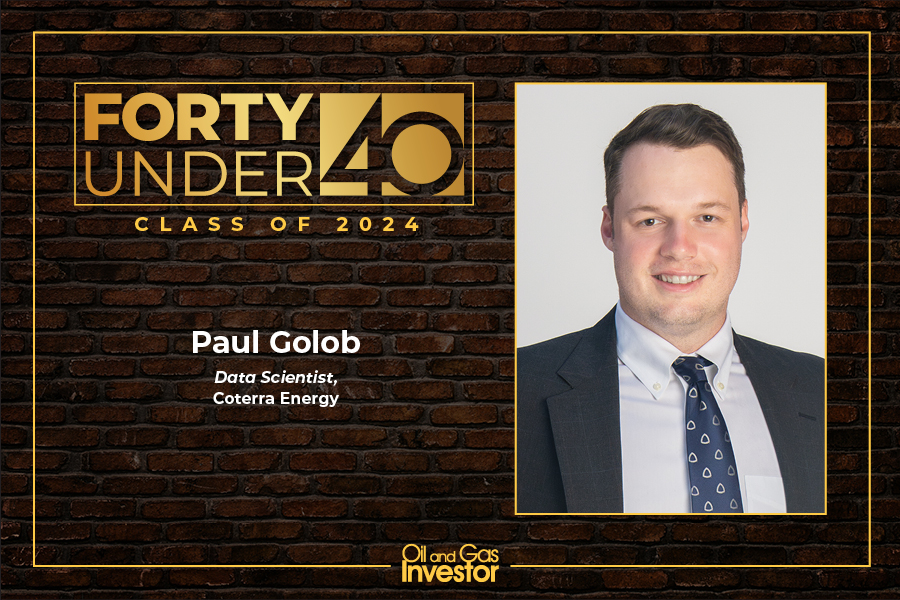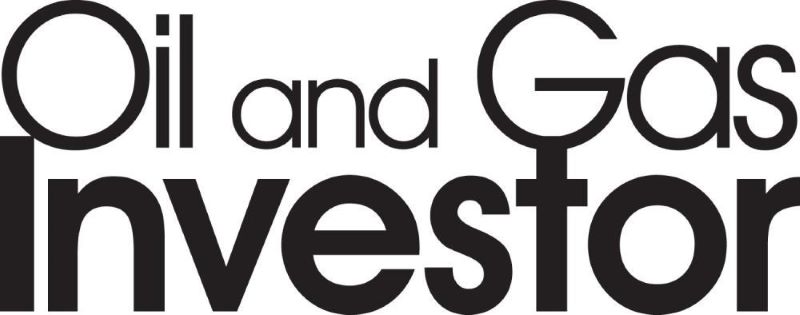Paul Golob

Presented by:

Paul Golob’s career has been driven by an insatiable curiosity. “The oil and gas industry, especially upstream, deals with a lot of unknowns,” he says. “We don’t have a full understanding of the physics or the driving mechanism for what makes a productive well.” For someone who since youth has enjoyed the pursuit of the unknown, petroleum engineering was a natural fit. But his natural curiosity propelled him beyond that, as he became a mostly self-taught programmer and statistician, resulting in his position as a data scientist and reservoir engineer who champions the role of machine learning. “Oil and gas has made huge strides in becoming more involved in the digital transformation,” Golob says. “I would like to be a beacon within that journey.”
What professional and/or personal advice would you give other young professionals in the industry and/or in your sector?
Don’t shy away from the difficult problems. The problems that everyone is avoiding—be the one to take them on. Even though it may feel insurmountable at first, the person you will become on the other side is invaluable. Also, embrace new technology, as it is intended to make you more efficient if you make it work for you.
What do you think young industry members (those under 40) as a group have to offer that is unique to them?
A different worldview. The world has changed so much in my short life and even in my time as a professional within the industry. Leveraging computers for efficiency has become a mainstay in our lives and the industry. Within my own experience as a young engineer and data scientist, I have seen an evolution in thinking within the industry. It is no longer a question of if it is possible, it is a question of when we can implement it. I believe we are only scraping the surface of the digitization that is going to eventually change the industry as a whole.
How have you exercised leadership to help shape your department and/or company?
As a technical leader at the company, I strive to help anyone interested in expanding their knowledge set. I have spent a fair amount of time mentoring other engineers to become more data literate. When I was a reservoir engineer, I separated myself by understanding and leveraging how the company’s data was structured. Most corporations use relational databases to serve up data to the rest of the company via SQL or other quarriable means. Understanding how to interact with these systems can be extremely valuable for people who want to analyze data or build tools to help with workflows.
I try to extend my hand anytime somebody wants to learn more about leveraging data. Being conscious of people’s varying skill sets is very important in mentoring. I try to meet people where they are and help them get to another level without ever being critical about something they may not understand. The programming world can seem daunting and overwhelming to people unfamiliar. Finding a corner where the given person understands and is comfortable is imperative to build a foundation of confidence such that they can expand on their own.
Take a look at the rest of the Forty Under 40 2024 winners.

